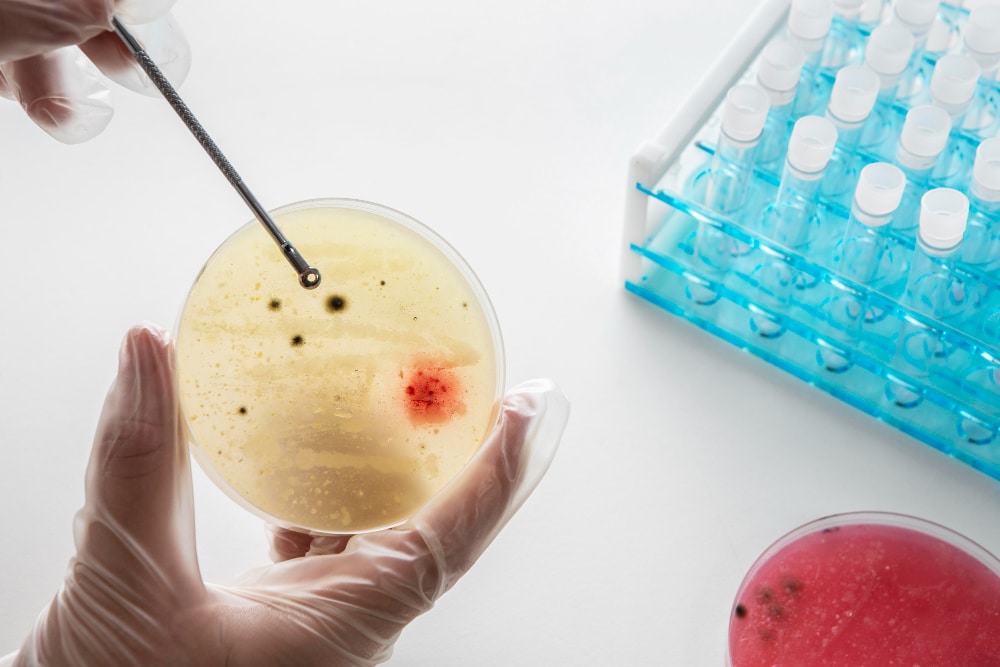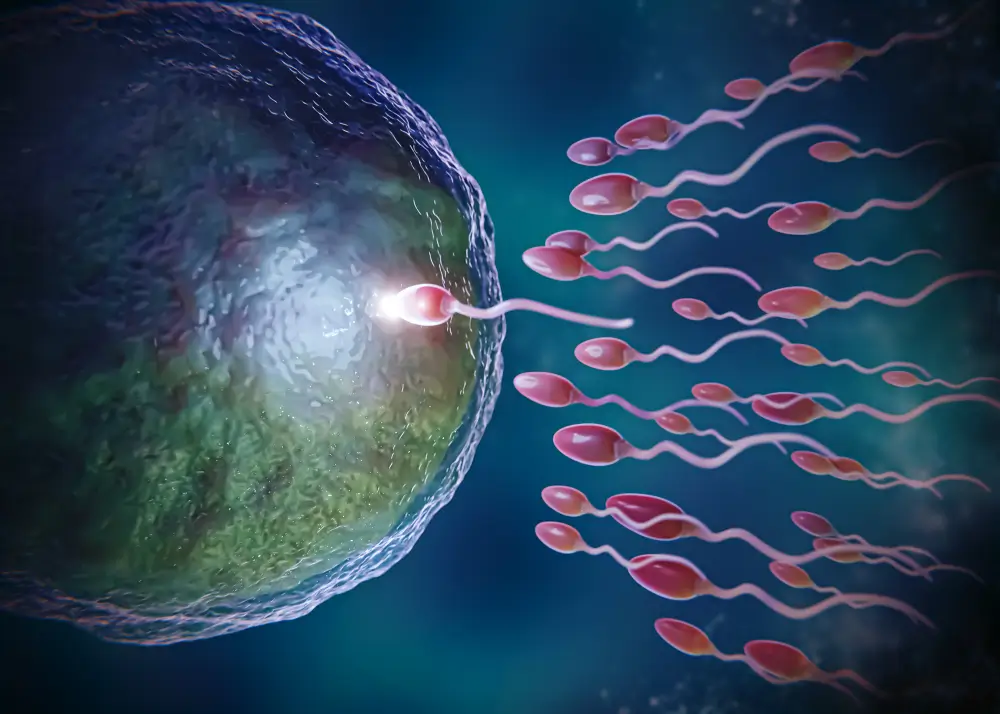In recent years, India has seen a remarkable increase in the use of assisted reproductive technologies (ART), with donor embryos in India emerging as a particularly promising option. For many couples and individuals facing fertility challenges, these programs provide a cost-effective and practical path to parenthood, offering hope where traditional IVF methods might not succeed. At the same time, advancements in egg donation in India have complemented donor embryo programs, making parenthood more accessible than ever.
Understanding Donor Embryo Programs
A donor embryo program involves the use of embryos created from donated eggs and sperm, which are then implanted into the recipient’s uterus. This method is especially helpful for couples who have experienced repeated IVF failures, women with low egg quality, or individuals with genetic conditions they wish to avoid passing on. It is also an option for single parents and same-sex couples wanting to start a family.
The main advantage of using frozen donor embryos is that it can significantly simplify the process of conception. Since the embryos are already created and often pre-screened, intended parents can sometimes skip multiple cycles of egg retrieval and fertilization, reducing both physical and emotional stress. The use of frozen donor embryos also helps increase the efficiency and timing flexibility of IVF cycles.
Why Donor Embryos Are Gaining Popularity in India
One of the biggest factors driving demand is affordability. Traditional IVF treatments can be expensive, particularly when multiple attempts are required. Donor embryos in India generally require fewer cycles, which helps lower costs and makes parenthood more accessible to a broader group of people. Clinics across India, including trusted organizations like Indian Egg Donors, provide carefully screened embryos at a fraction of the cost of international treatments, making it a financially viable choice for many.
Beyond cost, accessibility is a key reason for the rising popularity. Many clinics in India handle all aspects of the donor embryo process—from matching donors to providing legal guidance and counseling—ensuring that intended parents feel supported and informed at every stage. Similarly, egg donation in India programs often include thorough screening and support for donors, which builds trust and confidence in the process.
Legal and Ethical Considerations
India has put in place a robust legal framework for ART. The Assisted Reproductive Technology (Regulation) Act, 2021, and the Surrogacy (Regulation) Act, 2021, outline strict guidelines for clinics, donors, and intended parents. These laws maintain donor anonymity, consent, and ethical practices, protecting all parties involved.
While regulations have made ART safer, it is still important for prospective parents to work with reputable agencies. Indian Egg Donors, for example, strictly follow these regulations, ensuring that donors are thoroughly screened and that recipients receive clear guidance throughout the journey. Understanding the requirements to become an egg donor and how long the egg donation process is is crucial for both donors and recipients to ensure a smooth, legal, and ethical process.
Who Can Benefit from Donor Embryos
Donor embryos are suitable for a wide range of individuals and couples. Women who have diminished ovarian reserve, those who have gone through multiple unsuccessful IVF attempts, and older women looking to conceive often find donor embryos in India to be a reliable option.
Similarly, single parents and same-sex couples benefit greatly from this option, as it offers a path to biological parenthood without relying on their own eggs or sperm. Many people also consider how long the egg donation process is when planning for timelines and success rates.

Success Rates and Emotional Impact
India has reported impressive donor embryo success rates, comparable to or even higher than those of many countries abroad. Day-5 blastocyst embryos, which are often provided by organizations like Indian Egg Donors, have higher implantation potential, increasing the likelihood of a successful pregnancy. Clinics also share insights about donor embryo success rate to help intended parents make informed decisions.
Beyond the medical advantages, donor embryos carry a profound emotional significance. Many intended parents describe the relief and joy of finally achieving pregnancy after years of struggle. The psychological support and counseling offered by reputable clinics also help parents navigate the complex emotions associated with donor conception, making the experience more positive and empowering. Additionally, understanding the requirements to become an egg donor and the benefits of becoming an egg donor in India helps maintain ethical and transparent practices.
Conclusion
The rising demand for donor embryos in India reflects a broader shift towards accessible and inclusive reproductive solutions. By offering affordable, safe, and well-regulated options, programs like those run by Indian Egg Donors are helping countless people turn their dream of parenthood into reality.
For those facing fertility challenges, donor embryos are more than a medical procedure—they are a path to hope, family, and a new beginning. By combining egg donation in India, frozen donor embryos, and professional guidance, intended parents can achieve their goals with confidence and care.
Frequently Asked Questions:-
Q. What are donor embryos?
Ans : Donor embryos in India are embryos created from donated eggs and sperm for IVF treatment.
Q. Who can use donor embryos?
Ans : Couples, single parents, and same-sex couples can benefit from egg donation in India programs.
Q. Are donor embryo programs affordable in India?
Ans : Yes, using frozen donor embryos is cost-effective compared to traditional IVF cycles.
Q. Is using donor embryos legal in India?
Ans : Yes, following regulations ensures a high donor embryo success rate with proper guidance.
Q. Do donor embryos have high success rates?
Ans : Clinics explain how long the egg donation process is and how to become an egg donor in India, ensuring informed decisions.
Q. What are the requirements to become an egg donor?
Ans : Understanding the requirements to become an egg donor helps maintain safety and ethical practices.

Dr. Kulsoom Baloch
Dr. Kulsoom Baloch is a dedicated donor coordinator at Indian Egg Donors, leveraging her extensive background in medicine and public health. She holds an MBBS from Ziauddin University, Pakistan, and an MPH from Hofstra University, New York. With three years of clinical experience at prominent hospitals in Karachi, Pakistan, Dr. Baloch has honed her skills in patient care and medical research.










